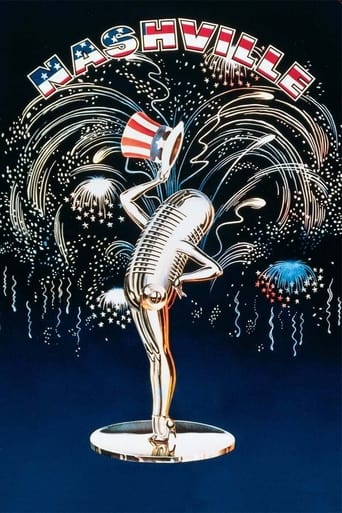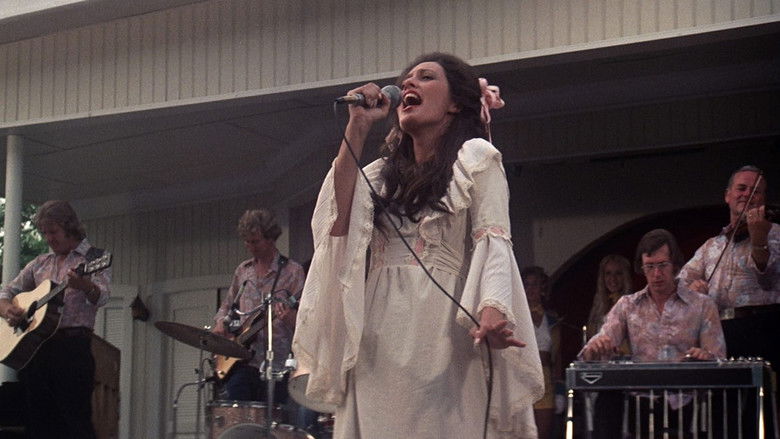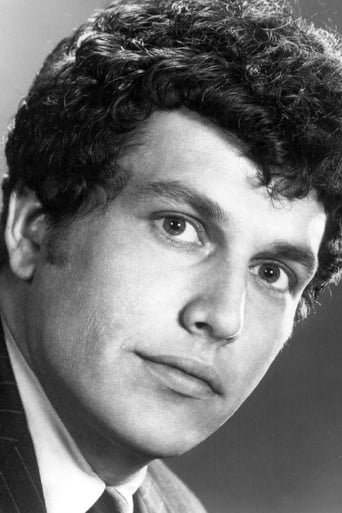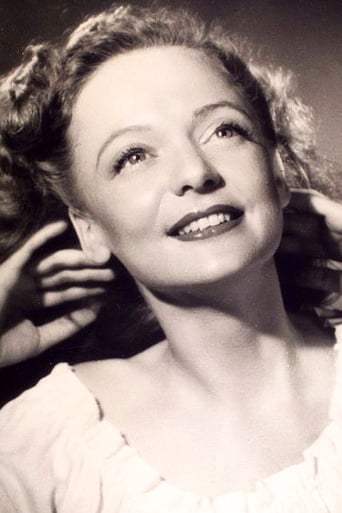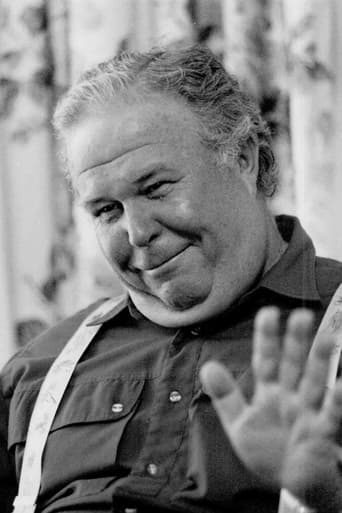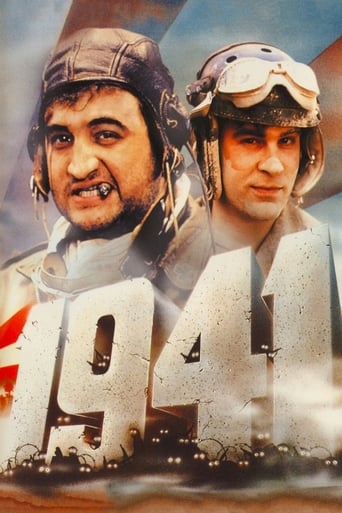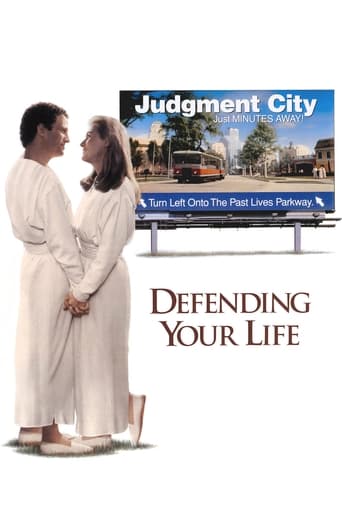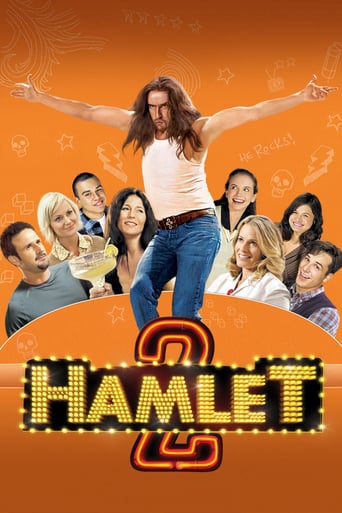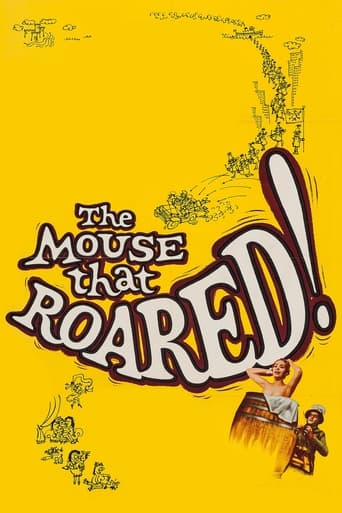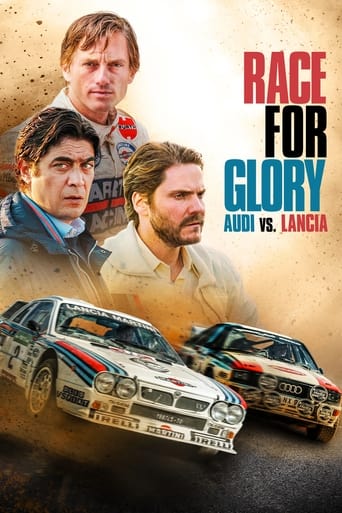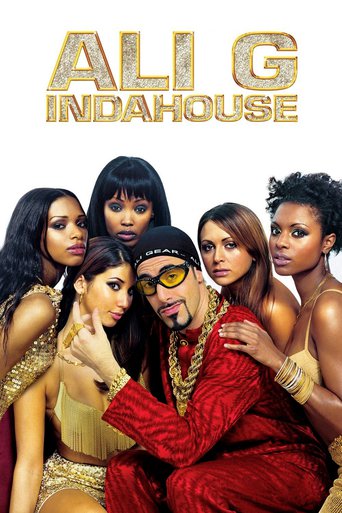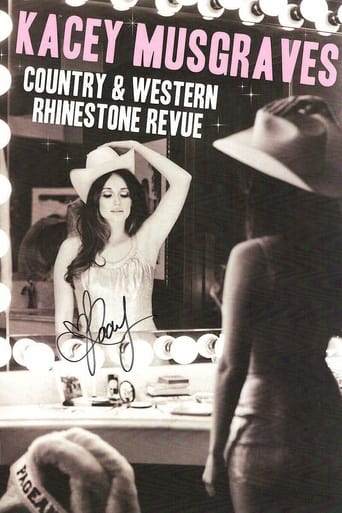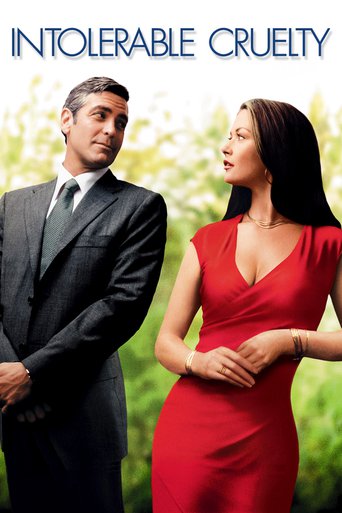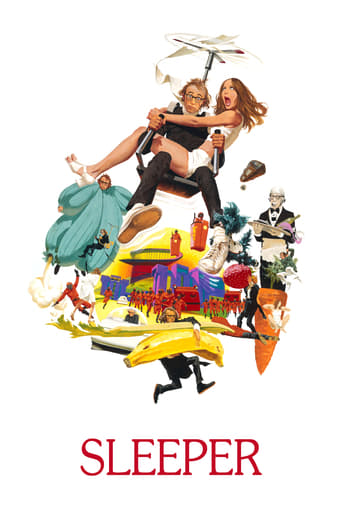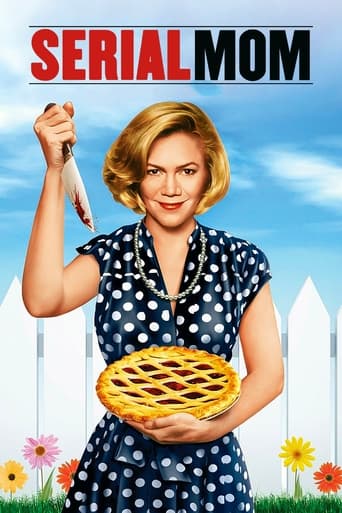Nashville (1975)

The intersecting stories of twenty-four characters—from country star to wannabe to reporter to waitress—connect to the music business in Nashville, Tennessee.
Watch Trailer
Cast


Similar titles
Reviews
Great Film overall
It's simply great fun, a winsome film and an occasionally over-the-top luxury fantasy that never flags.
Although I seem to have had higher expectations than I thought, the movie is super entertaining.
The movie turns out to be a little better than the average. Starting from a romantic formula often seen in the cinema, it ends in the most predictable (and somewhat bland) way.
I went to see this film while in grad school. Three of us went together, but could only get separate seats otherwise we would have left after an hour. While being bored to death, I kept wondering if I was the only one. Suddenly a man jumped up and screamed " I cannot take any more of this F**king sh*t" and ran up the aisle of the theater. The audience applauded so I have to guess they thought it was awful as well.
While Altman's offering contains important information on 70s fashion, perfect for research purposes, it delivers nothing in terms of entertainment.The only positive aspect to this thoroughly unenjoyable marathon is that, at 5x fast forward, it lasts only a little more than 30 minutes.On a side note, the minimum 10 line requirement for this review guarantees flabby, flimsy, meandering rhetoric. For 15 years I have looked forward to visiting Nashville. I will go despite this film, and look forward to expressing my expressing my opinions to both locals and tourists.In summary, the 5 minutes I have spent writing this review offered several times the order of enjoyment of the movie itself.
There are dozens of relevant characters as they spend their time in the city of Nashville. The stories weave an interconnected tapestry. There is a forthcoming political rally for Hal Phillip Walker as the Replacement Party candidate for President which is omnipresent throughout the movie.I disliked this movie the first time I tried to watch it. There are so many characters that it's hard to follow anything. It's story chaos. It's not just a matter of being lost. I couldn't see the point of not following the lead characters. After a few half-hearted attempts, I finally gave it a serious try. There is a zen feel about watching this movie. I could lock onto a couple of characters especially played by some of the most recognizable actors. I let the movie wash over me. The singing gets me zoned out. It's a hypnotic form of people watching. It's got the Altman style. I'm not sure whether most modern audiences could ever truly love this.
What is this movie even about? I'm aware asking such a question is reductive in the face of such a vast and overwhelming cinematic accomplishment. Yet despite its melodious and melancholic emotional core and its initial impact as one of the defining films in a decade full of defining films, I still can't help but think Nashville is not meant to be interpreted. This poses a unique challenge for me as a semi-professional critic. The film is not only best appreciated by an audience that treasures experience over contemplation, emotion over logic, but gazes through the slice-of-life story with a lens trying to make sense of post-Watergate era Americana.The story, if one were to find one, follows the lives of numerous interrelated human-beings. All descend on the city of Nashville, Tennessee and all involved (or want to be involved) in the country music industry. Among the crowded field of primary characters is Haven Hamilton (Gibson) the presumed king of Nashville's music scene who also has political ambitions. There's Del (Beatty) and Linnea Reese (Tomlin) a struggling married couple; one's a lawyer the other a gospel singer. There's Tom Frank (Carradine), a self-absorbed folk-rock musician and Barbara Jean (Blakley), a famous and emotionally fragile country talent. Then there are the musical up- and-comers like Connie White (Black) and Tommy Brown (Brown). There are wannabes like Sueleen (Welles) and Albuquerque (Harris) and sycophants like Opal (Chaplin) and L.A. Joan (Duvall), all looking for absolution in a city that promises good times and possible fame.All the characters that I just listed are but a sample of the characters that drift and cross paths between Nashville's seedy nightclubs, cluttered highways and the pristine Grand Old Opry. But lest you think the narrative is too cluttered, every character has their moment to show the audience who they are and how they're changed by events larger than themselves. Meanwhile director Robert Altman captures the pathos of Nashville's microcosm in confident fashion. Characters make decisions that are at times solemn, desperate, tranquil, kind and despicable yet Altman's even hand and watchful eye looks on with fair-minded kindness and humanity.Many of Altman's detractors object to the directors presumed cynicism towards human nature which arguably interjects in some of the director's most famous works. One can't help but take a cursory look at films like M*A*S*H (1972) and The Player (1992) and wholly agree with such an assessment. Yet after my initial trepidation of consuming all things Altman, that criticism holds less sway. Altman seems to immerse and undermine systems not people. You only need to compare the visual hyperbole of M*A*S*H with the drowning pessimism of Catch-22 (1970) to see Altman doesn't dwell on the "insignificance" of man but rather the folly of social constructs. In M*A*S*H it's war; in Buffalo Bill and the Indians (1976) it's subjugation of native peoples; in Nashville it's dichotomic politics.In the case of Nashville, not only does Altman attack the binary of American politics in the story (fronted by an unseen pseudo-populist political campaign), he attacks it in how he tells he story as well. The film's narrative can be best described as post-structuralist narrative, that is to say not beholden to an underlying theme or framework. Any attempts to decipher the film would yield a bevy of contradictions that threaten to unravel any theory one can posit. Even if Altman is the director and ultimately the "author" to the film, all the music in the film was written by the actors themselves. The cacophonous sound design was the product of USC wunderkind Jim Webb who miked everyone to allow for a breadth of experience. The editing done by first-time Altman collaborator Dennis Hill gives perspective while restraining a point-of-view. Nashville gives the audience the feeling that no one is at the wheel. Even by approaching the film as a product of Robert Altman's assumed overarching modus aprendi to undermine systems has it's problems.Nashville transcends but not in the way you would expect. It accurately captures the antipathy, the uncertainty and most importantly the humanity of a certain place in time. The film has aged though in the way an autochrome photograph would. Modern audiences can appreciate it as a textured and awe-inspiring cultural accomplishment which dares to challenge film form, story structure and (maybe) the systems which bridles our lives. Without Robert Altman's subtle but indelible contribution to film, there'd be no Richard Linklater, Jim Jarmusch or Paul Thomas Anderson. Nashville showcases Altman's gentle hand, sharp wit and deep love of humanity which we all benefit from.

